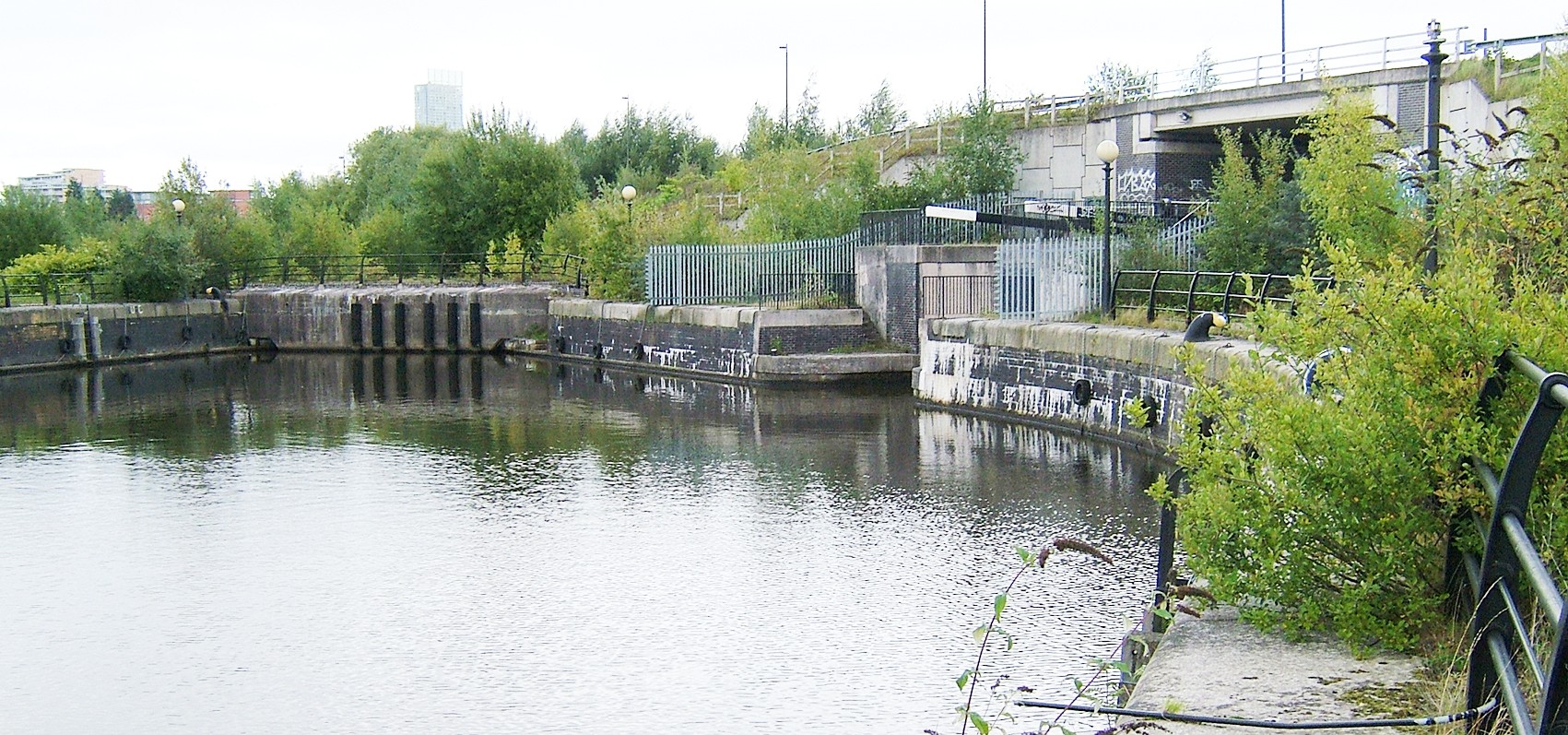With the world facing threats of climate change, loss of biodiversity, and increased fire and flood from extreme weather events, activists are calling for a radical shake-up to how we treat the land.
In the UK, pressure group Rewilding Britain has called for a quarter of the UK’s land to be returned to nature, backed by subsidies for farmers. They say peat bogs, if better protected, can act as carbon sinks to tackle climate change.
Environmentalists also argue that increased tree planting can help reduce the risk of flooding, and better land stewardship could mitigate against wildfires. Last year, the New Economics Foundation was among those drawing a link between the draining of land for grouse shooting and the fire that tore through Saddleworth Moor near Manchester.
Related: Suma workers co-op joins tree-planting effort to prevent flooding
But if we are to rethink the use of land, does this also mean new ideas about ownership? Neil McInroy, chief executive of the Centre for Local Economic Strategies, is working on an agenda to shape local economic strategies for land, property and other assets to be held in commons – creating “a means by which wealth can by held by and for the people”. This offers an antidote to the problem of wealth being “extracted and disappearing offshore”.
“Land and property is key,” he tells Co-op News. “We need to change ownership; that means less extraction of wealth.
“If land is held by a corporate interest, its value doesn’t go to the people, it goes to that interest. But if that land is held by a co-op, or a municipality or a community interest company, it locks that wealth as an asset for the people.”
He agrees that this idea has implications for environmental stewardship. “How can you, as an individual, own a peat bog? The idea is absurd; we as a species are guardians of it. We need to cherish it and not see as just a name on a piece of paper – we need to see it as a commons, which is perpetually overseen by everyone.”
The same principle applies to municipal property, he says – which, in the form of green spaces, offers environmental benefits and communal wellbeing, and in the form of buildings offers amenity.
“If the council that owns it sells it off to an anonymous entity, where’s the commons in that? We need to ensure this land is held in common for the benefit of us all,” he says.
One way to do this is to establish a common goods register. Scotland – where a powerful landed gentry and a history of enclosures have “embedded land deep in the national psyche” is ahead of England on this, says Mr McInroy. Under Scotland’s Community Empowerment Act 2015, local authorities must register and maintain property registered as a common good, and if that property is to be sold, they must publish details of who is buying it, and what it will be used for.
He contrasts this with the case of Pomona Docks in Manchester – an area campaigners had wanted to see made a green space, but was sold for property development to controversial landowner Peel Holdings.

There is a sea change in public attitude to this, he says, driving by growing inequality. “Questions of ownership are getting deeper and stronger.”
This applies very much to environmental assets. “We need conversations about ownership on air, water, forest, peat bog – and how we think about them in commons.
“In Manchester, who owns the hydrological system of the river Irwell? It should be owned by everyone.”
Transparency of ownership is also important, he says: if land is polluted by a local individual, “at least we know who it is and can prosecute him.
Related: How co-ops can help communities guard against climate change
“If it is owned by a pension fund on the other side of the world, or by shareholders who don’t even know where that land is, or someone in the Cayman Islands, it is a much more expensive and difficult business holding them to account.”
This makes it more important to keep publicly owned land in public hands.
“Co-ops, mutuals and community interest companies are much closer to the idea of commons, as ownership models,” he adds. “There are environmental protections and global investors have to obey the law when they buy land.
“But co-op ownership, by its nature, is transparent and democratic; it has a natural legitimacy to it, and would lead to better environmental stewardship.”
Co-ops which have the means could protect public assets by putting them to use, he adds.
“They can work with local authorities – if a council has 2,000 pieces of property, from parks to town halls to empty lots, these will include unused and unsold spaces. Let’s think about those in terms of the commons.
“We could create new partnerships between state and people – asking what would you like to do with that land? It could be a skate park for children, or a wild garden, or an allotment, whatever. A council could give it to a co-op on a 30 year lease.
“A lot of that is being done, but we need more of it.”